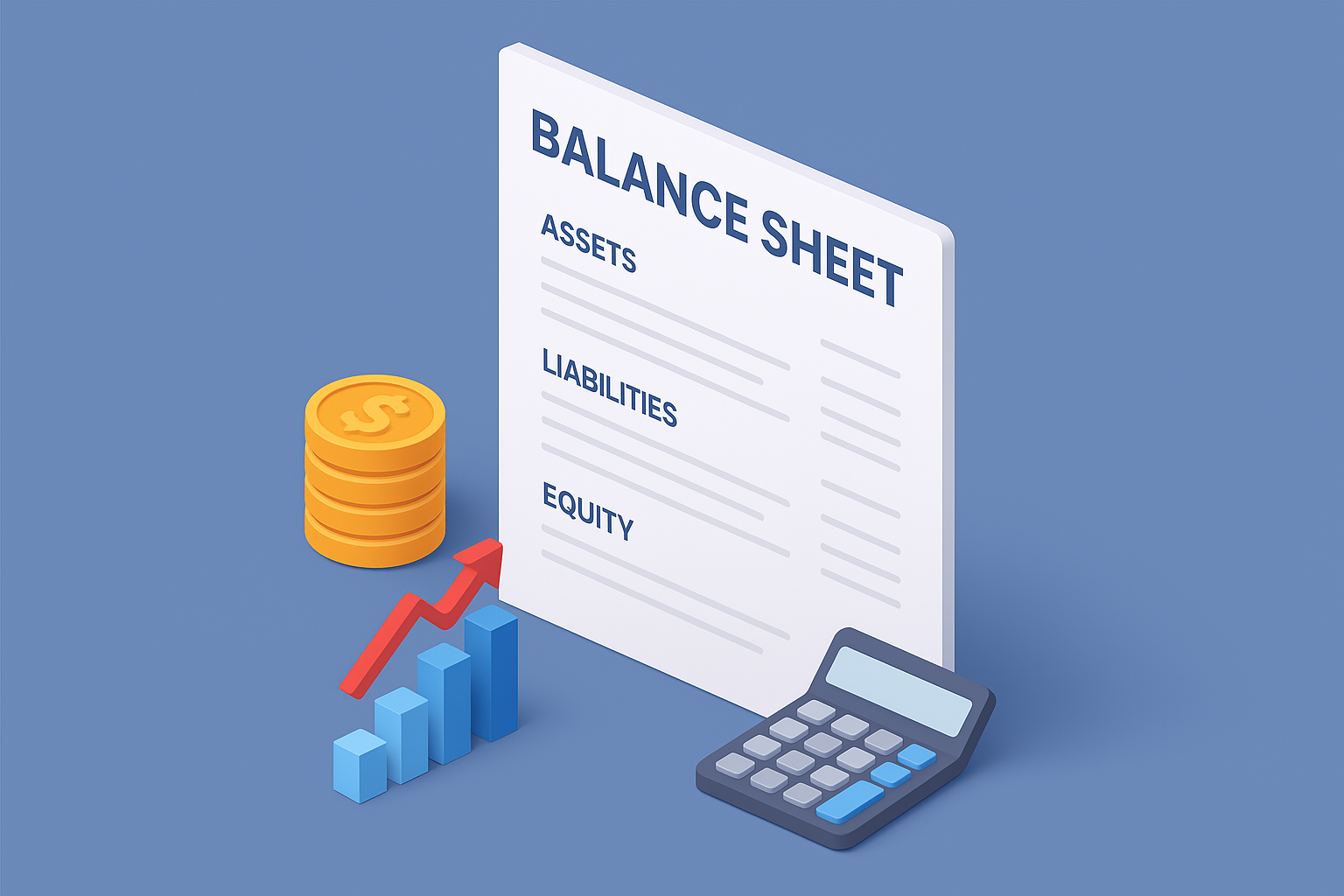Bonus Issues have always been a fascinating event in the stock market. Imagine this: You bought 100 shares of a company a few years ago at ₹200 each. The company has now grown, and as a reward, it declares a 1:1 bonus issue. Overnight, you find 200 shares in your account. At first, it may look like a simple arithmetic adjustment, but investors who understand the psychology, timing, and long-term effect of bonus issues know how to use them strategically for wealth creation.
According to the National Stock Exchange (NSE), over 150 listed Indian companies announced bonus issues in 2024, covering both large-cap and mid-cap firms. A report by BSE data shows that bonus announcements often lead to a short-term price rally of 5–15% as investors rush to grab shares before the record date. Clearly, bonus issues are not just about free shares—they can be a game-changer when used wisely.
In this article, we’ll break down step by step what bonus issues are, why companies issue them, and most importantly, how you as an investor can make profit with them in the stock market.
Table of Contents
What are Bonus Issues?

Bonus issues are additional shares given by a company to its existing shareholders free of cost. They are issued out of the company’s reserves or retained earnings and distributed in a specific ratio, such as 1:1, 2:1, or 3:2.
For example:
- A 1:1 bonus issue means for every 1 share you own, you get 1 additional share.
- A 2:1 bonus issue means for every 1 share you own, you get 2 extra shares.
While the number of shares in your portfolio increases, the stock price adjusts accordingly, ensuring the overall investment value remains the same initially.
Why Do Companies Issue Bonus Shares?
Companies usually declare bonus issues for several reasons:
- Rewarding Loyal Investors – Bonus issues are seen as a goodwill gesture.
- Boosting Liquidity – By reducing the share price, more retail investors can participate.
- Signaling Growth – A company that issues bonus shares often signals strong financial reserves and future growth confidence.
- Psychological Advantage – A lower stock price post-bonus attracts traders and increases demand.
For instance, Infosys, Reliance, and Wipro have a strong history of rewarding shareholders with generous bonus issues, often followed by sustained stock performance.
Impact of Bonus Issues on Share Price
At first glance, bonus issues might seem like “free money.” But here’s what actually happens:
- Price Adjustment: The stock price is adjusted downward based on the bonus ratio.
- Example: If a stock priced at ₹1,000 issues a 1:1 bonus, the new price becomes ₹500.
- No Change in Market Cap: The company’s overall market value remains unchanged.
- Increased Liquidity: More shares circulate in the market, making it easier for investors to trade.
Though the immediate monetary benefit is neutral, the wealth effect comes in the long run. Historically, companies that issue bonus shares tend to attract more investors, which can push prices upward over time.
Record Date and Ex-Date – Why They Matter
To benefit from bonus issues, you must understand two critical dates:
- Record Date – The cut-off date decided by the company to determine eligible shareholders.
- Ex-Date – The trading day before the record date. To qualify for the bonus, you must buy the shares at least one trading day before the ex-date.
For example, if the record date is 10th September, the ex-date may fall on 9th September. Only investors who own shares before the ex-date will receive bonus shares.
This timing creates short-term trading opportunities because many investors rush to buy before the ex-date, pushing the stock price up temporarily.
The Wealth Effect of Bonus Issue
While bonus shares don’t give instant profit, the real wealth effect comes from:
- Long-Term Compounding: More shares mean higher dividends in the future.
- Psychological Boost: Retail investors see the stock as “cheaper,” driving demand.
- Increased Market Participation: Post-bonus liquidity attracts institutional investors.
Case studies from companies like Reliance Industries and Infosys show that their stocks delivered multibagger returns over decades, where bonus issues played a key role in shareholder wealth creation.
How to Make Profit with Bonus Issues – Strategies
Here are practical strategies investors use to benefit from bonus shares:
1. Buy Before the Record Date
Many traders purchase shares before the record date to receive the bonus. However, caution is needed because prices often fall post-bonus.
2. Hold for the Long Term
The real value of bonus issues emerges when held for years. For example, Infosys has issued bonus shares 8 times since listing, multiplying investor wealth massively.
3. Dividend Advantage
With more shares, your future dividend payout increases if the company maintains or increases dividend per share.
4. Psychological Price Rally
Stocks often rally after a bonus due to increased demand from retail investors. Smart traders can use this momentum for short-term gains.
5. Compounding Effect
Bonus shares increase your total holdings. If the company declares future bonuses or stock splits, your returns compound exponentially.
Risks and Things to Watch Out For
While bonus issues sound attractive, investors should be aware of certain risks:
- No Guaranteed Profit: The stock price adjusts, so you don’t get instant wealth.
- Short-Term Volatility: Prices may fluctuate wildly around the record date.
- Not Always Positive: Sometimes, companies issue bonus shares just to create hype without strong fundamentals.
- Taxation: Though bonus shares are free, capital gains tax applies when you sell them.
Case Studies: Bonus Issues in Action
Infosys
Infosys has been famous for rewarding shareholders with regular bonus issues. An investor who bought 100 shares during its IPO in 1993 would today hold over 50,000 shares post-bonus and splits.
Reliance Industries
Reliance has issued multiple bonuses over decades. Despite price adjustments, long-term holders have enjoyed unmatched wealth creation due to consistent growth and regular bonuses.
Wipro
Wipro has also issued frequent bonuses, making small shareholders wealthy over decades. Bonus issues combined with growth in IT demand created massive wealth.
These examples show that bonus issues don’t create wealth overnight but amplify long-term returns when combined with strong fundamentals.
Expert Tips for Investors
- Focus on Fundamentals: Only invest in companies with strong earnings and growth.
- Don’t Chase Every Bonus: Not all bonus issues are beneficial; some may be market gimmicks.
- Think Long-Term: Short-term traders may not benefit much, but patient investors will.
- Understand Dates: Always check ex-date and record date before buying.
- Diversify: Don’t rely only on bonus-issuing companies; keep a balanced portfolio.
Conclusion
Bonus Issues are more than just free shares—they’re a sign of a company’s strength, investor-friendly approach, and long-term confidence. Smart investors know that while the immediate value remains unchanged, the psychology, liquidity, and compounding benefits make bonus issues a powerful wealth-building tool in the stock market. Whether you’re a short-term trader looking for quick momentum or a long-term investor aiming for compounded growth, bonus issues can be a valuable strategy if used wisely.
As you continue your investing journey with resources like Indiainvesthub, remember that the key lies not in chasing every bonus announcement, but in identifying strong companies that consistently reward their shareholders.
Will you use bonus issues as a short-term trading opportunity, or will you let them compound into long-term wealth?





